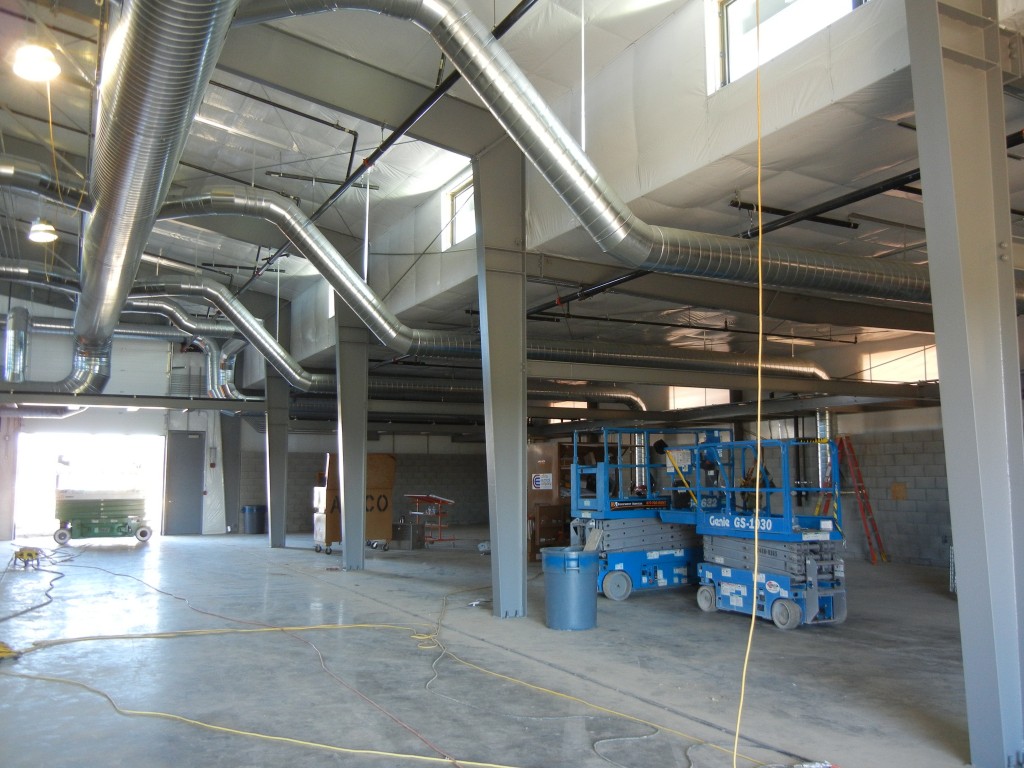We are pleased to announce that a major philanthropic endeavor is about to come into completion, the grand opening of the Jess S. Jackson Sustainable Winery Building located on the campus of the University of California, Davis.
The Sustainable Winery Building, made possible by a pledge from the late Jess Jackson, founder of Kendall-Jackson, and his wife Barbara Banke, will enable the adjacent LEED Platinum-certified winery, brewery, and food complex to become the first self-sustainable and zero-carbon teaching and research facility in the world. It showcases up to ten modular, upgradeable installations of first-of-its-kind technologies relating to sustainability and green wine production, one of which is a rainwater capture and purification system, where natural rainwater will be collected and filtered for use in cleaning tanks and barrels.
Another technology will allow water and chemicals used in the winery cleaning process to be recycled up to ten times for reuse in the system, an astounding efficiency benchmark that will eventually allow the Sustainable Winery Building to be removed entirely from the rest of the UC Davis water system.
The Sustainable Winery Building will also sequester all carbon emissions created during the wine fermentation process. The sequestered carbon emissions will be converted into calcium carbonate (chalk) and be donated to a local plasterboard company for reuse in houses. Solar panels will provide power during the daytime, and will also allow for the creation of hydrogen gas via the process of electrolysis, gas which will provide nighttime power to the facility by way of an in-house hydrogen fuel cell. The command center of the building will feature state-of-the-art monitoring technologies, allowing operators to track in real-time the precise measurements of various inputs and efficiencies and providing instant feedback as to the facility?s water, energy, carbon, and chemistry footprints.

We are proud to partner with UC Davis on this landmark facility, and of the role it will have not only in educating future wine industry leaders about sustainable winemaking practices, but also in providing a place where future innovations in sustainable practices can be made possible.

